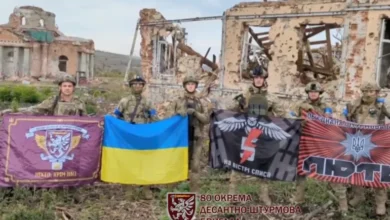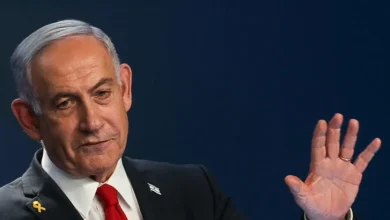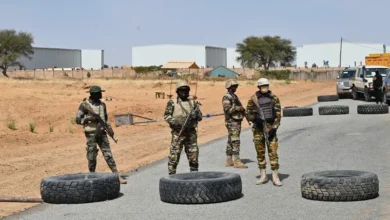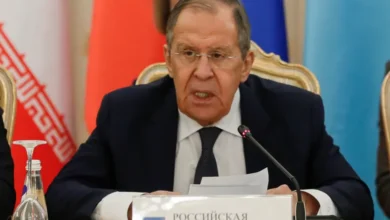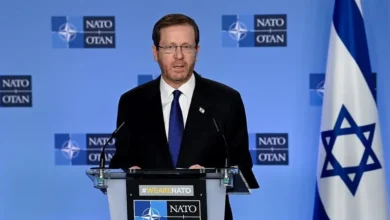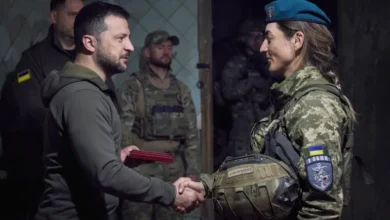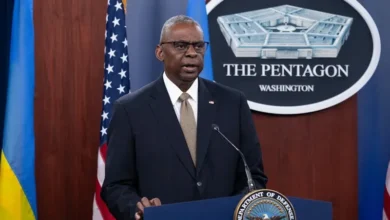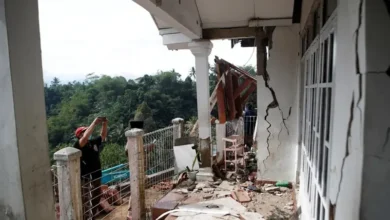Clouds gather over South Sudan as battles rage next door
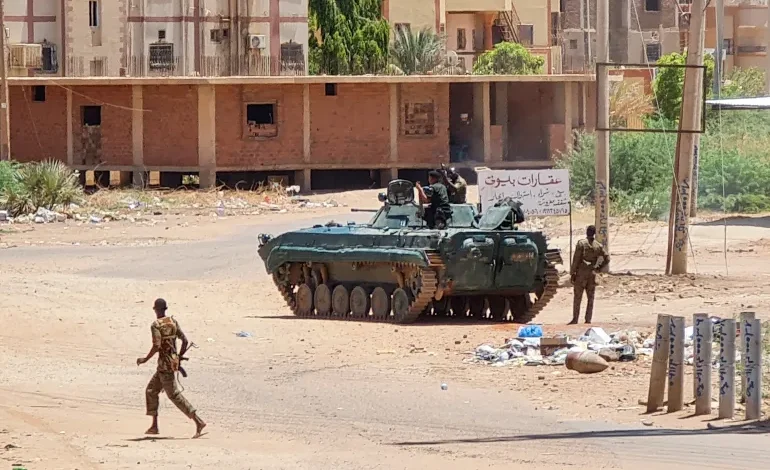
South Sudan is still recovering from years of a ruinous civil war, but now trouble next door risks fuelling another descent into turmoil.
Analysts said the fighting between Sudan’s army and a paramilitary group called the Rapid Support Forces (RSF) could upend the shaky peace process in neighbouring South Sudan due to possible oil flow issues and demographic concerns.South Sudan split from Sudan in 2011, yet the two countries’ fates are still closely linked.
“The common view from the street is that the collapse of the state in Sudan will extend violence to South Sudan,” said Edmund Yakani, an expert on South Sudanese affairs.
South Sudan’s civil war erupted in 2013 between soldiers loyal to President Salva Kiir and rebel forces led by his deputy, Riek Machar. Five years later, the two rivals inked a peace agreement to end the war, which had killed an estimated 400,000 people and displaced millions. The peace process is supposed to culminate with an election next year although experts are sceptical it will take place.Now, South Sudan risks an economic catastrophe and renewed conflict if its vital oil exports, which flow through Sudan, are damaged or disrupted by battles between the Sudanese army and RSF, analysts told Al Jazeera.
Nearly as troubling is the return of thousands of South Sudanese refugees who had sought asylum in Sudan during the civil war. Their return could lead to renewed local conflicts due to land and demographic disputes.
The grim prospect of violence spreading across one of the world’s poorest regions has prompted South Sudan to launch efforts to mediate the Sudan conflict, which broke out on April 15. On Wednesday, the South Sudanese government called on the Sudanese army and RSF to send delegates to its capital, Juba.
South Sudan has relationships with Sudan’s top army commander, Abdel Fattah al-Burhan, and RSF leader Mohamad Hamdan “Hemedti” Dagalo, but South Sudan has little leverage over either one.
“The best option for South Sudan is to remain neutral,” said Daniel Akech Thiong, a South Sudanese expert and the author of The Politics of Fear in South Sudan.Oil money
According to an International Crisis Group report from 2021, the revenue generated from South Sudan’s lucrative oilfields is delicately holding the national unity government together, thanks to regular payouts to loyalists of Kiir and Machar.
But due to its reliance on its neighbour to export oil to international markets, South Sudan’s biggest fear is that its frail transitional government in Juba – and its peace process – could crumble if oil pipelines running through Sudan are disrupted.


